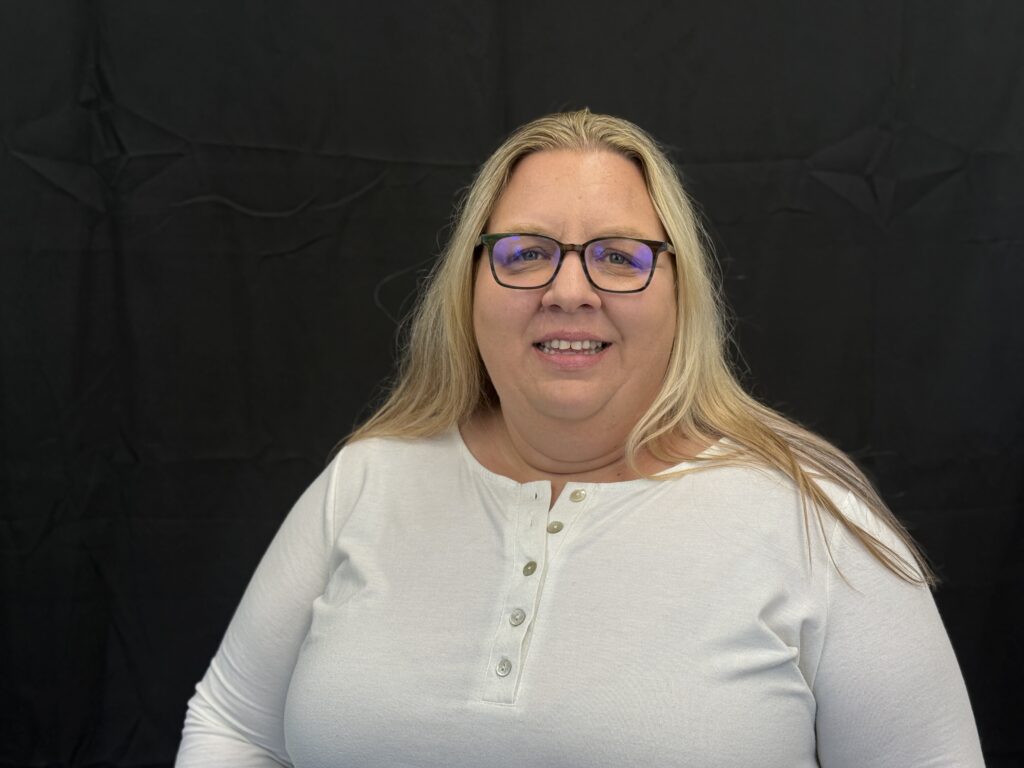Enough is enough, IEA.
This week, your union launched May Matters, a 14-month plan to elect sensible legislators who cherish our public education system. After a presentation to Lobby Day participants the week before, the effort formally kicked off with an all-member online town hall meeting on Tuesday.
An infestation of radical lawmakers throughout the state, including in traditionally moderate districts, has rapidly changed the nature of the Legislature. Now consumed by culture war issues like the library bill, the flag bill, and the suppression of anything “DEI,” the Idaho Legislature is incapable of doing the one thing it was elected to do: govern.
“This legislature feels like it’s out of control,” Idaho Education Association President Layne McInelly said during the town hall. “They are power-hungry. They are intent on killing public schools in Idaho, and that’s why this grassroots movement for pro-public education representation needs to be happening back at the Statehouse.”
The central focus of May Matters? Mobilizing IEA members to turn out voters in the May 2026 primary elections and return a pro-public education majority to the Idaho Legislature.
IEA members have expressed their anger, resentment, sadness and frustration over the worst legislative session for public education in more than a decade — if not generations. May Matters will be key in regaining control and restoring order to a legislature intent on censorship, eliminating local control and siphoning money from Idaho’s public school system into vouchers for well-off families.
The Republican Primary Election is Key
Chris Parri, IEA’s political director, laid out the stark reality of the situation: voter turnout in May’s Republican primary — when the GOP selects its candidates for the November general election — is critical for keeping radical lawmakers out of the Legislature.
“Since 2011, only registered Republicans can participate in the Republican primaries — that’s called a closed primary,” Parri said. Since the introduction of the closed primary system, races have become increasingly non-competitive — and the winners in those elections have become more radical and anti-public education.
Now, only three of Idaho’s 35 legislative districts have competitive races in the November general election, Parri said. The rest — 33 — are determined by the winner of the May Republican primary.
In other words, the May Republican primary is the only legislative election that matters for 33 districts.
Yet turnout in the pivotal 2024 Republic primaries was abysmal — around 28% statewide. In one critical district, only 10% of registered voters decided to remove a champion of public education, Rep. Julie Yamamoto (R-Caldwell), who continues to be a vocal opponent of voucher programs. The loss of her leadership paved the way for this year’s successful voucher bill after dozens of unsuccessful attempts over several previous years.
The Biggest Task for Members: Vote
If every IEA member turns out to vote in the May Republican primary, the result will be transformative, Parri said. But that may require pragmatic political calculations for some, including re-registration.
“There’s only really one way out of this political nightmare, to be honest,” Parri said. “And you know, I’ve worked in this realm for more than a decade at this point, and I wish there was another way out of it. But this is the way out.”
By registering as Republicans in strategic districts and voting in those primary elections, educators and their allies can reclaim the political narrative and make the Legislature responsive to the will of the people. Polls commissioned by IEA and other groups show that more than 80 percent of Idaho voters support public education.
IEA won’t be alone in this fight, Parri said. Other allies, such as Reclaim Idaho and other common-sense groups that value Idaho’s public schools, will join in the effort.
IEA and its allies will not pursue a referendum, despite calls from many quarters to do so.
“The reason why is that the legislative environment is so bad that even a referendum or a ballot initiative will not fix the problems that we’re facing,” Parri said.
Nothing would prevent the Legislature from re-implementing the voucher system if it were repealed by the referendum process, Parri said. For example, Idahoans overwhelmingly approved Medicaid expansion through a referendum. The current Legislature is in the process of dismantling that expansion.
“The Legislature has proven that it does not care of what referendums we pass or what initiatives we pass,” Parri said.
What You Can Do Over the Next 14 Months
IEA and its allies are already in the process of identifying key legislative districts where turnout will make all the difference. In the meantime, every IEA member can get started with a few simple steps:
• Switch to IEA AutoPay (if you haven’t already): As IEA flexes its political muscle, a bigger political target will be on its back. For several sessions, including this one, anti-public education lawmakers have tried to strip educators of their political voice by targeting union activity. The low-hanging fruit for these lawmakers is eliminating IEA members’ ability to pay their union dues via payroll deduction. If all members switch to IEA AutoPay, their union membership and their union will be insulated — and Parri and the rest of IEA’s lobbying team won’t be forced to waste as much time combatting such legislation.
• Check your voter registration. Is your address correct? Are you still within the same legislative district? Do you know where your polling station is? Are you a non-Republican in a district where voting as a Republican could give you a voice in the May 2026 election? You can update your information, including your party affiliation, in the link below.
• Tell three members about May Matters. Every single member has a role to play in the upcoming election. Tell three other members about May Matters and how they can help restore sense to our Legislature.
• Start thinking about great candidates. Do you know a pro-public education community leader who could be a great candidate? Begin thinking about the people in your town who could make a difference for Idaho’s public schools.
• Donate to PACE. IEA’s Political Action Committee for Education, or PACE, is how IEA helps fund pro-public education candidates. No IEA dues are used for political campaigns — voluntary contributions to PACE from IEA members and their families are the only way the union can help defray costs for candidates who care about our schools.
Peggy Hoy, IEA’s NEA director and statewide governance organizer, emphasized the power of collective action. “If every member contributed just $10 a month, we could generate over $900,000 in consistent revenue to support pro-education candidates,” she said.
You will hear much more about May Matters in the coming months. But it’s not too early to start organizing in your local.
“We need to take action by winning at the ballot box,” said IEA Executive Director Paul Stark. “It really helps all boats to float, meaning that a better Legislature — in every single vote that comes up and every single issue that comes up — is going to be better for you, for the children that you serve and for the districts that you work in.”




